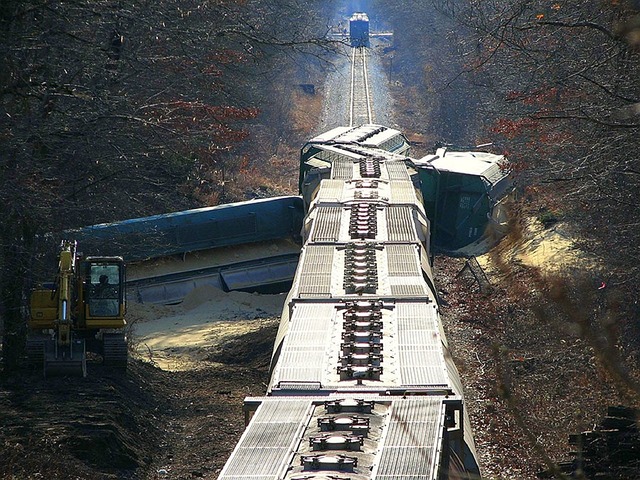
Just like any other piece of equipment, railcar equipment is not immune to having underlying defects that cause it to malfunction at a moment’s notice. In response, the Safety Appliance Act (SAA) makes railroad employers maintain certain safety standards for frequently used pieces of equipment in the workplace. A failure to comply with this Act may give an injured railroad worker the right to sue their negligent employer under the Federal Employers’ Liability Act (FELA). With all that being said, please follow along to find out how a piece of defective railcar equipment can possibly cause an accident and subsequent injury, and how one of the proficient defective railcar equipment injury lawyers at Hildebrand McLeod & Nelson LLP can help you in the aftermath of your personal experience.
How can defective railcar equipment cause an accident and injury?
When everything functions properly, rail work is still considered dangerous. So, there is no question that a defective piece of railcar equipment can spike the chances of an accident and injury even higher. More specific examples of this are as follows:
- A defective coupler may fail to secure railcars together, and one may accidentally collide with a worker.
- A defective brake may fail to stop a railcar on time, or even potentially derail and strike a worker.
- A defective ladder may fail to hold a worker properly and cause them to fall while boarding or exiting.
- A defective door may fall on, trap, and crush a worker during loading and unloading operations.
- A defective railcar frame may collapse due to corrosion and pin down and crush a worker.
What should I do after interacting with a piece of defective railcar equipment?
Even if you believe you narrowly escaped an interaction with a piece of defective railcar equipment, you should report the incident to your employer. At the very least, you are preventing your coworkers from experiencing a worse fate. But also, your injuries may take some time to surface. And when they do, you will need an accident report from your employer for your potential future FELA claim. On that note, you should also seek immediate medical attention under any and all conditions. Again, this is for your physical well-being, but also to connect your medical record to the incident you are claiming to have happened.
On the flip side, it is more likely that your accident and injuries are, sadly, more catastrophic than what is described above. In this case, we understand if you are preoccupied with healing your demanding physical ailments. But at the same time, you must not forget that part of this healing journey is to ensure you have the financial resources to adequately embark on it. Meaning, you must not put your FELA claim on the back burner for too long, so as not to risk missing the statute of limitations for this claim type (i.e., typically three years).
In conclusion, if you find yourself in need of legal aid, look no further than one of the talented FELA lawyers. Whether you simply have a legal question or require legal representation in an upcoming court case, our team at Hildebrand McLeod & Nelson LLP is willing to help out. Please pick up the phone and call us today.


